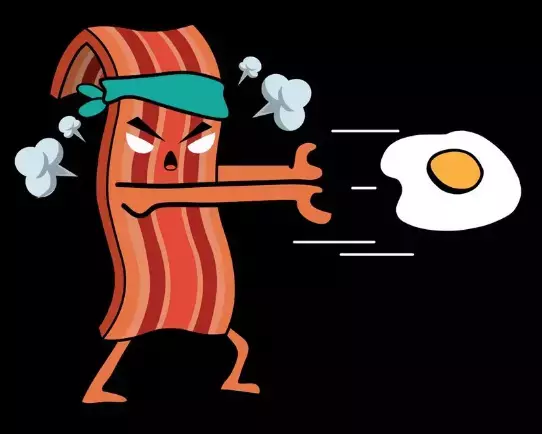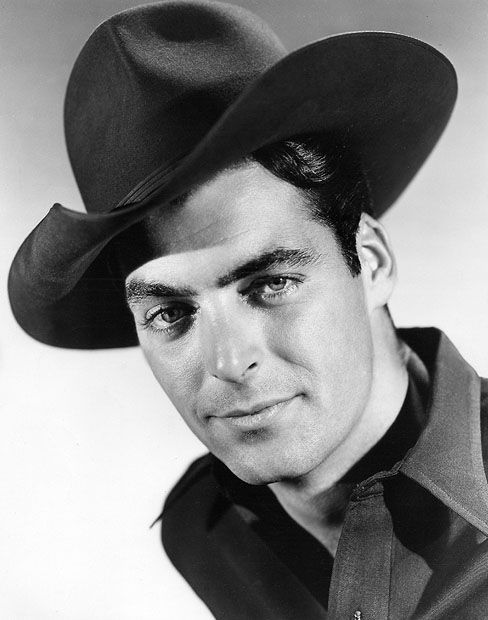General Motors, Firestone Tire, Standard Oil, and Phillips Petroleum were convicted of an actual conspiracy related to the monopolization of transit systems, which replaced beloved streetcar (rail) systems with rubber-tired oil-burning buses.
https://en.wikipedia.org/wiki/General_Motors_streetcar_conspiracy
Isn’t this Judge Doom’s plan?
Oh, I have two good ones:
-
Nuclear power causes less deaths (per energy unit produced) than wind (source)
-
You get less radiation when living near a nuclear power plant, than if that nuclear plant hadn’t been there.
To explain the second: A major misconception is, that nuclear power plants are dangerous due to their radiation. No they aren’t. The effect of radiation from the rocks in the ground and the surroundings is on average 50x more than what you get from the nuclear power plant and it’s fuel cells. (source). Our body is very well capable of dealing with the constant background radiation all the time (e.g. DNA repairs). Near a power plant, the massive amounts of isolation and concrete will inhibit any background radiation coming from rocks from that direction to you. This means, that you’ll actually get slightly less radiation, because the nuclear plant is there.
Regarding the dangers of nuclear disasters. To this day, it’s been very hard to find out, if at all any people have even died to Fukushima radiation (ans not other sources such as tsunami/earthquake/etc.) Nuclear radiation causes much more problems by being an emotionally triggering viral meme spreading between people and hindering it’s productive use and by distracting from the ironic fact, that the coal burned in coal power plants spew much more radiation into the atmosphere than nuclear power plants themselves. (source)
Additional fun fact. There has been a lot of research and activity dedicated to potentially switch coal power plants to nuclear. Currently, they cannot do it, because the coal plants and all the equipment associated produces far more radiation than regulations allow a nuclear plant to emit.
Therefore, unless they could find a practical way to decontaminate the radiation away from existing coal equipment, or regulations change for transformed plants, they can’t do it.
Did you know, the Nuclear Regulatory Commission’s only mandate is to ensure the safety of nuclear power, not to promote its implementation. Many regulatory bodies have a dual mandate to stop them from just shutting down what they’re supposed to regulate.
-
Oxford University is older than the Aztec empire.
Oxford University founded in 1326, Aztec empire ~1428-1521
Don’t mean to pick, but Oxford was founded in 1096 and Cambridge in 1209.
I worked for cambridge in 2009 and got a nice little 800 year badge
Lighters were invented before matches! 1823 vs 1826
So why did anyone use matches then? Was it just more economically viable?
If you’ve ever played around with an old-style lighter (think classic Zippo) you’d get it! They’re fairly expensive, and aren’t airtight so they need to be refilled every few days/weeks. If you fill them too much they need to be kept upright or they’ll spill lighter fluid on you. Super cool and can hold flames for a while but not nearly as conventient as a matchbook for quick fire lighting
It just occurred to me that zippos are basically the same type of oil lanterns that we’ve been using for thousands of years
Your car keys have better range if you press them to your head, since your skull will act as an antenna. It sounds like some made up pseudoscience that would never work in practice or have a negligible effect, but it actually works.
Edit: idk if it’s actually because your skull acts as an antenna, although that’s what I’ve heard. I looked it up and it seems like it’s your head acting as a reasonance chamber. Since your body is conductive, your head can bounce and amplify the radio signal.
On one side you have people that think 5g causes cancer. On the other, you have people directly beaming shit into their skulls to open their cars from a couple extra feet away.
Wild
i dont believe it causes cancer necessarily, but i think 5g is worrying for the sake of big increase in location tracking precision
It works best if you hold the fob under your chin and open your mouth in the direction you’re aiming!
The northern most part of Brazil is closer to Canada than it is to the southern most part of Brazil.
Cleopatra was born closer to the invention of cellphones than the building of the pyramids
I’ve always thought this was amazing
A broken clock is right twice a day, but a clock running backwards is right four times a day.
A broken clock is right twice a day, but a running clock is probably never right.
My grandfather clock is correct* about once a week when I wind and correct it
*It must be correct as it’s very slightly fast (less so than can be fixed with a quarter turn off the pendulum screw) and I set it slightly in the past
If you’re lucky, a clock that’s slightly too fast or too slow will be right once
This only works with 1-dimensional time though.
Luckily we don’t build clocks for n-dimensional time
if you scramble a rubiks cube up there is a good chance that it is the first cube to be in that state. there are 43,252,003,247,489,856,000 possible states that a cube(3x3) can be scrambled up in to.
The closest planet to Earth is Mercury.
On average that is. Mercury is actually the closest planet to every other planet in average. Because when it’s on the other side of the Sun, it’s still pretty close.
Texas is larger than any country in Europe except Russia.
Wait, is Russia in Europe?
Edit: apparently it’s in both. https://en.m.wikipedia.org/wiki/Boundaries_between_the_continents
I always feel weirded out when people are surprised part of Russia is in Europe, when I was surprised to learn part of it is considered Asia.
Geographically only, not in essence
Essence?! We have tacos and bbq!
Turkey has kebab but they can’t into Europe either.
Maybe if EU becomes the World State it can welcome honorary members
The can opener was invented 30 years after the can.
Well, wouldn’t it be weird if it was the other way around?
“Yooo, check this out, I made a new invention, it’s called a can opener!”
What does it do?
“idk”Surely you understand that the remarkable part is the duration between the inventions, not the chronological order.
Crazy amount of not understanding jokes in this thread.
The country claiming to have the most “freedom” of any country has the highest incarceration rate of any country.
Not so fun fact: the constitution allows for slavery as long as it’s a punishment for a crime.
Hmmm… Nah, those dots don’t connect at all.
… and built its initial wealth on slavery revenue.
It’s a shame because there are a lot of other great things to be proud about when it comes to the US. I guess when people boast about US freedom, what they mean is democracy, and starting the end of the colonial era, inspiring a tidal wave of democratic uprisings around the world, which is accurate. I wish they didn’t use the word “freedom” for that.
Moose kill more people than bears every year.
Also Donald Trump was the president of the United States.
Every Rubik’s Cube, no matter how scrambled, can be solved in at most 20 rotations.
I don’t think this is true for all of them. My cube takes at least a couple hundred rotations and then you have to take the stickers off and move them around to solve it.











